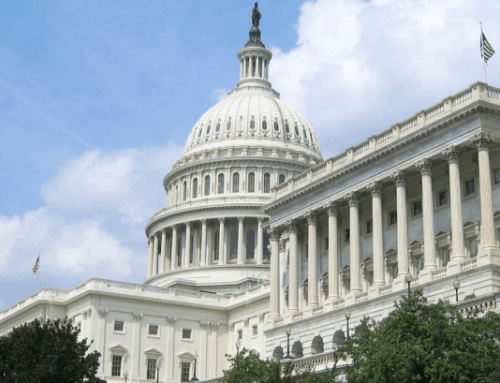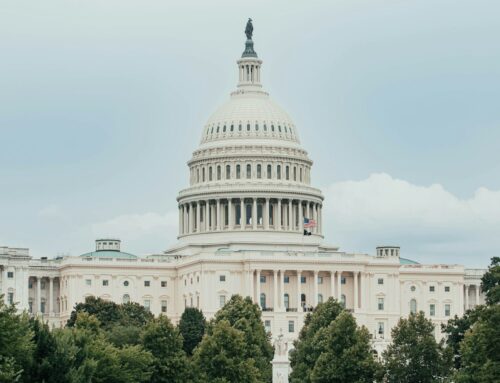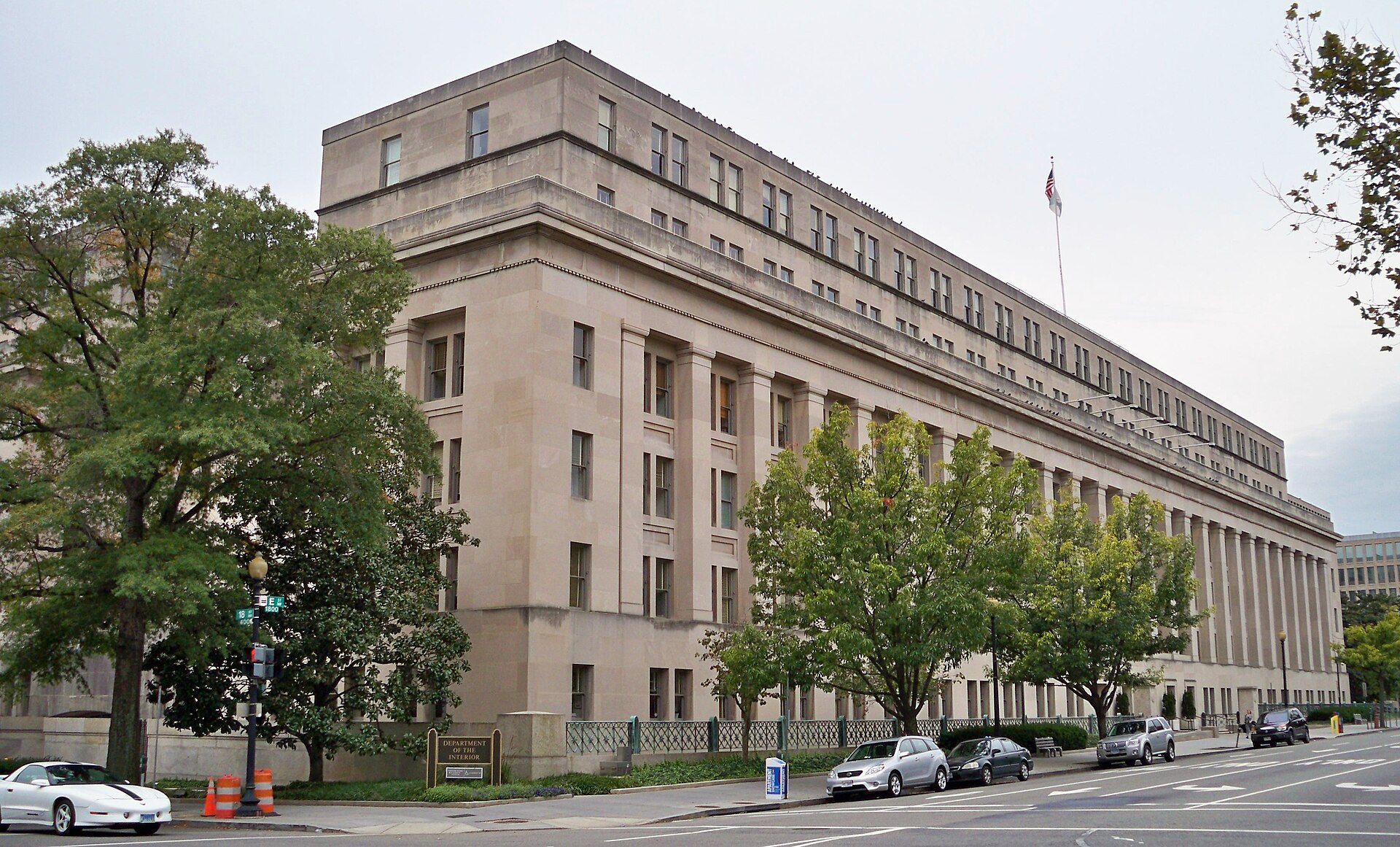A recent General Accounting Office (GAO) report highlights 61 federal programs that could be eliminated and scaled back to save billions of dollars annually – essentially creating a road map for budget cutters in both parties.
The report targets programs that: could be better provided by the private sector; are direct federal subsidies to individuals and business that are poorly targeted or are no longer needed; are overlapping programs; or are outmoded, ineffective or excessive.
Wasteful programs in the report range from mining subsidies to promoting agricultural products overseas to federal subsidies for hydroelectric plants. The GAO also proposes charging user fees for food-related testing services and downsizing military installations.
The report also targets consolidating or eliminating certain Department of Energy facilities, reassessing international broadcast programs, eliminating flood insurance for certain repeatedly flooded properties and reassessing the Defense Department's Comanche Helicopter program.
After a decade of focusing on deficit reduction and careful scrutiny of new spending plans, the report suggests that Congress has a golden opportunity to cut archaic and wasteful government programs.
Cutting these programs will make it easier to pay down the federal debt and help to prepare our nation for the massive fiscal burden that Medicare and Social Security will place on future taxpayers. Reducing interest payments on the debt – now our third largest “program” – is critical to providing the flexibility to address future fiscal needs.
Recent talk of budget surpluses shouldn't mean that fiscal discipline and the need to cut wasteful spending be ignored. Budget projections are uncertain and it is too soon to tell whether recent boosts in revenue will continue. The Congressional Budget Office (CBO) points out that assuming a return to historical trends and slightly faster growth in Medicare would change the budget surplus to a growing deficit.
Congress needs to consistently reevaluate federal programs and carefully reconsider the goals these programs were intended to address. Congress should also look at the effectiveness of programs to seek out the reasons why they are not successful.
During this booming economy, Congress has the opportunity to evaluate how to spend taxpayer money more wisely. Prudent stewardship of the nation's fiscal resources – whether in a time of deficits or surpluses – is integral to meeting the needs of today and tomorrow.










